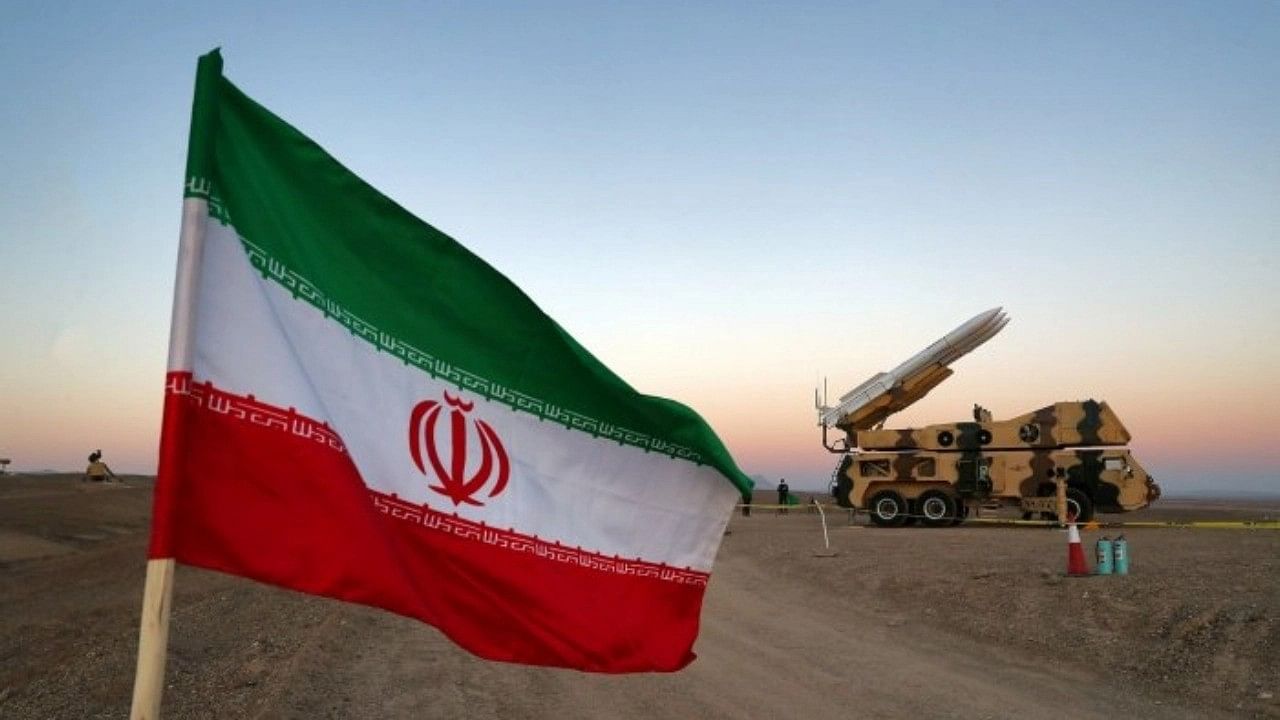
The Iranian strikes came after Islamic State suicide bombers killed almost 100 people in central Iran in early January.
Credit: Reuters file photo
By Mihir Sharma
At one level, Iran’s support for Yemen’s Houthi rebels could pass for magnificent statecraft. By supporting the militants’ attacks against Red Sea shipping, the mullahs in Tehran have managed at minimal cost to disrupt the global economy and show up US claims to provide security to the region. The relationship underscores how effectively pliable non-state actors can serve the interests of nations that might otherwise struggle to project power in their region.
Those who live by the militant’s sword, however, die by it, too. Imperial powers that grow dependent on non-state armed groups tend to end up fighting them, or organisations very much like them. The Americans found that out in Afghanistan. Eventually, as the Romans discovered centuries ago, proxies might even consume the empire that long supported them.
Today, middle powers such as Iran are learning this lesson anew. After Tehran-backed militants claimed responsibility for a drone attack in Jordan that killed three US soldiers and wounded 25 others, the country is facing the prospect of direct US retaliation that risks spiraling into a wider war.
Iran has already dodged one crisis of its own making. The regime is sending its foreign minister to Pakistan on Monday to patch up relations after the two neighbors traded cross-border attacks earlier this month. On Jan 16, Iran fired missiles and flew drones into the Pakistani province of Balochistan, targeting a Sunni extremist group called Jaish al-Adl which it accuses of conducting terrorist attacks inside its borders.
The Iranian strikes came after Islamic State suicide bombers killed almost 100 people in central Iran in early January. The furious Iranians launched reprisals in Iraq and Syria as well as Pakistan, targeting various militant groups they claim have recently violated their sovereignty and killed their citizens, policemen and soldiers.
Pakistan responded two days later with strikes ostensibly aimed at two armed groups based in Iran’s province of Sistan and Baluchestan: The Balochistan Liberation Army and the Balochistan Liberation Front, which as their names imply wish to detach Balochistan from Pakistan.
Irony abounds. The Islamic State attack targeted mourners at the tomb of Qassem Soleimani, the Iranian general who long oversaw covert operations involving proxy groups such as the Houthis and Hezbollah. Meanwhile, it is an open question whether Pakistan’s strategists or Iran’s have been the more enthusiastic sponsors of militants and extremists over the past few decades.
For citizens of the various countries victimized by such policies, the fact that the two neighbors turned on each other must appear a dark sort of justice. Each accuses the other of using Baloch nationalists to destabilise it. The Baloch, meanwhile — one of the many restive ethnicities in West Asia who have never been granted their own state — will only be further alienated from their colonial-minded masters by the tit-for-tat attacks on their soil.
When nations arm extremists, blowback is inevitable. This is as true for middle powers such as Iran and Pakistan as it is for the US. While it may be tempting to allow militants to operate as long as they are focused on your strategic rival next door, there is no such thing as “our” terrorists. It is in the nature of extremist militias to go rogue.
The temptation for middle powers to deploy non-state actors as force multipliers is set to increase. Weaponry is cheap and easy to access: Even poorly organized fighters can do a lot of damage with drones, IEDs and electronic warfare. The Houthis have demonstrated how easily basic missiles and small boats can undermine the global economy.
At the same time, any regime inclined to recruit proxies should remember that the first casualty of this kind of thinking is respect for sovereignty. Once you turn a blind eye to camps on your border in order to unsettle your neighbor, you create a lawless area where your own sovereignty is questionable. And you will likely wind up being attacked by fighters based in other camps on this or that side of the same border, if not more directly.
Sovereignty, with all its flaws, emerged not to oppress small powers but to protect them from a world of constant war that damaged them more than anyone. The Westphalian system of the 17th century granted the principalities of Germany peace and eventually prosperity after a bloody century in which they had served as a battlefield for militias and mercenaries — pawns in a conflict between superpowers.
Iran and Pakistan ought to recall that the system they are so willing to violate was designed to protect smaller countries, not to prevent them from harming larger ones. Undermining sovereignty helps nobody — middle powers least of all.